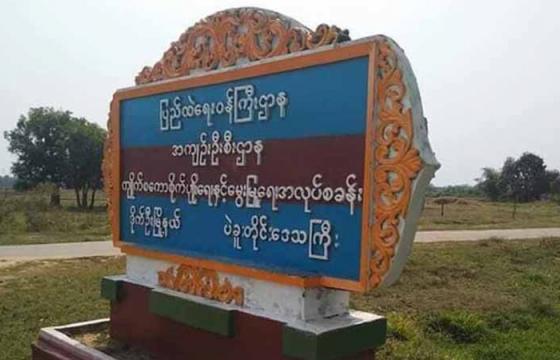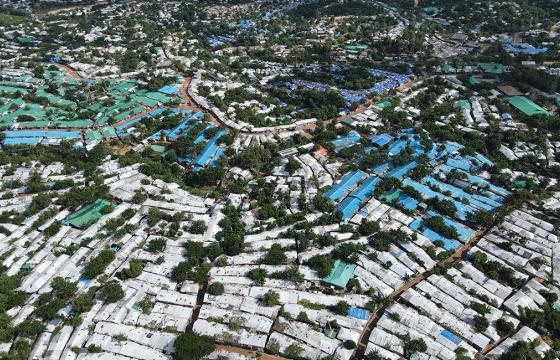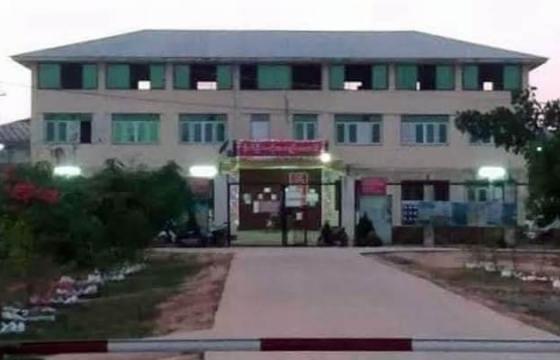In a representation of events contested by local residents, Rakhine State officials told journalists on a government-sponsored trip that they are doing everything they can to help stabilize three northern townships after months of conflict.
U Min Aung, Rakhine State Minister for Development, and U Aung Kyaw Zan, Rakhine State Minister for Electricity, Industry and Transport, met with journalists on April 1 in Sittwe, the state capital.
The government representatives said every effort is being taken to improve the transportation and power supply in Buthidaung, Maungdaw and Rathedaung townships, according to an account of the conversation in the Myanmar News Agency.
The northern, Muslim majority townships have been subject to a military crackdown as security officials look to root out an alleged Rohingya insurgent group. Since the campaign began in October, journalists and foreign observers have been prevented from accessing the “operation areas” except on government-accompanied tours.
The second such media tour concluded last week following a visit to Maungdaw, and then the meeting in Sittwe.
Residents in Maungdaw disputed the government officials’ claims that the state is working to improve local infrastructure.
A villager from Maungdaw town who spoke on condition of anonymity said there have been no changes to the power supply in Maungdaw since 2012, with power only available between the hours of 6pm and 10pm.
Maung Ni, a resident from Sittwe, said the government is paying “lip service” to stabilization plans amid pressure from the UN an the EU over the treatment of the Muslim Rohingya minority.
“We need implementation,” he said.
State Counsellor Daw Aung San Suu Kyi has said very little about the conflict-rent state and UN officials’ concerns about “potential crimes against humanity” committed by security forces. The state counsellor appointed an advisory commission headed by Kofi Annan to outline potential, development oriented solutions. The commission recently released interim recommendations, which include the government restoring full humanitarian access, working toward closing all internally displaced persons camps and encouraging reintegration of Buddhist and Muslim communities.
Edited by Laignee Barron







